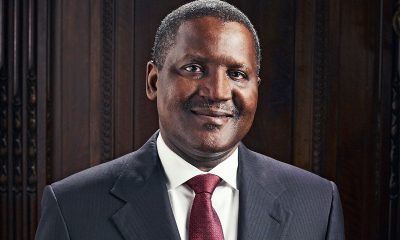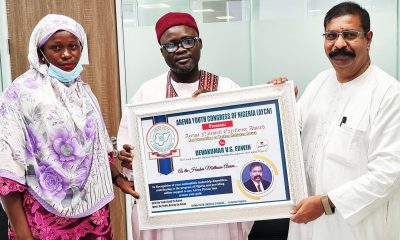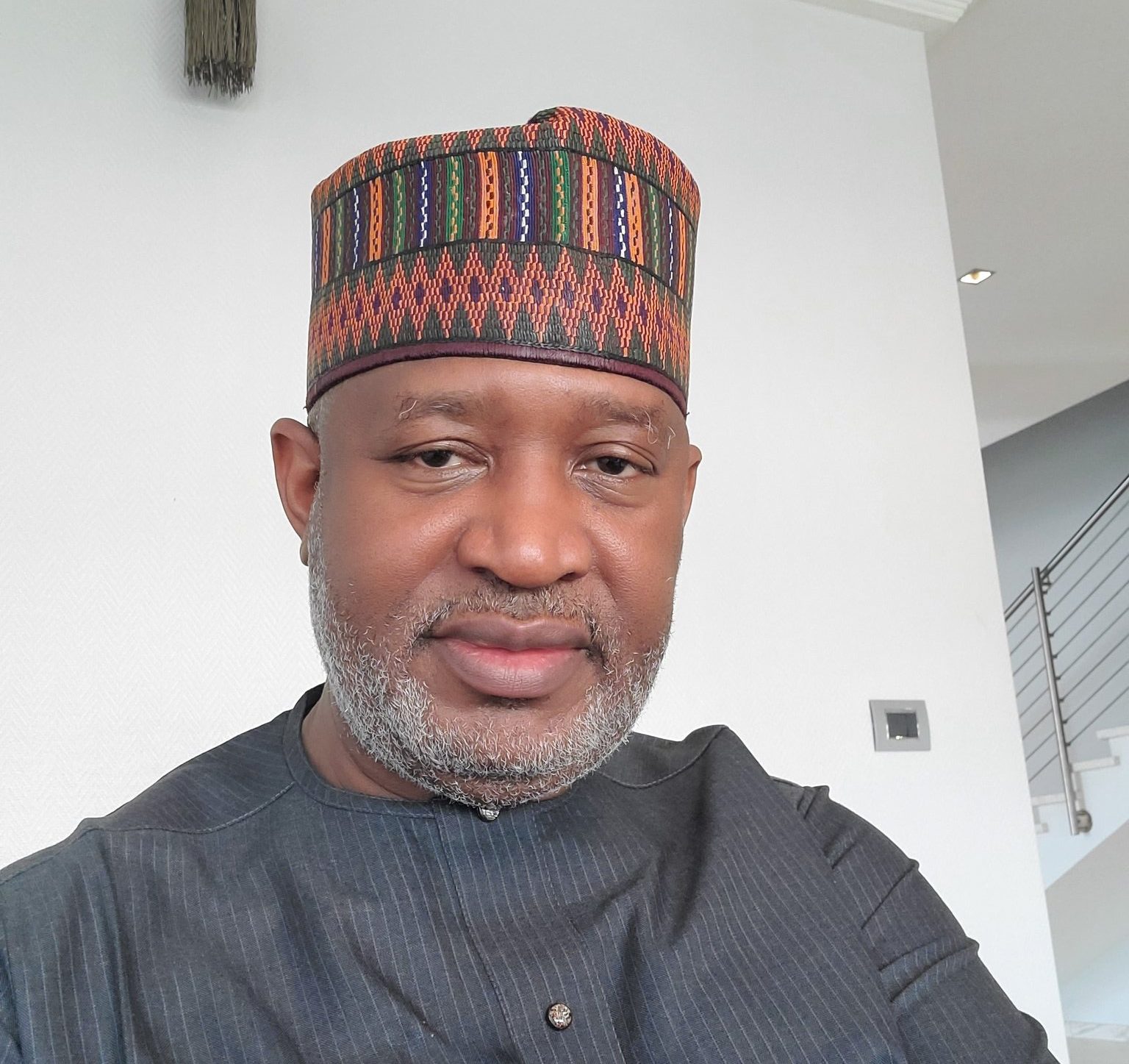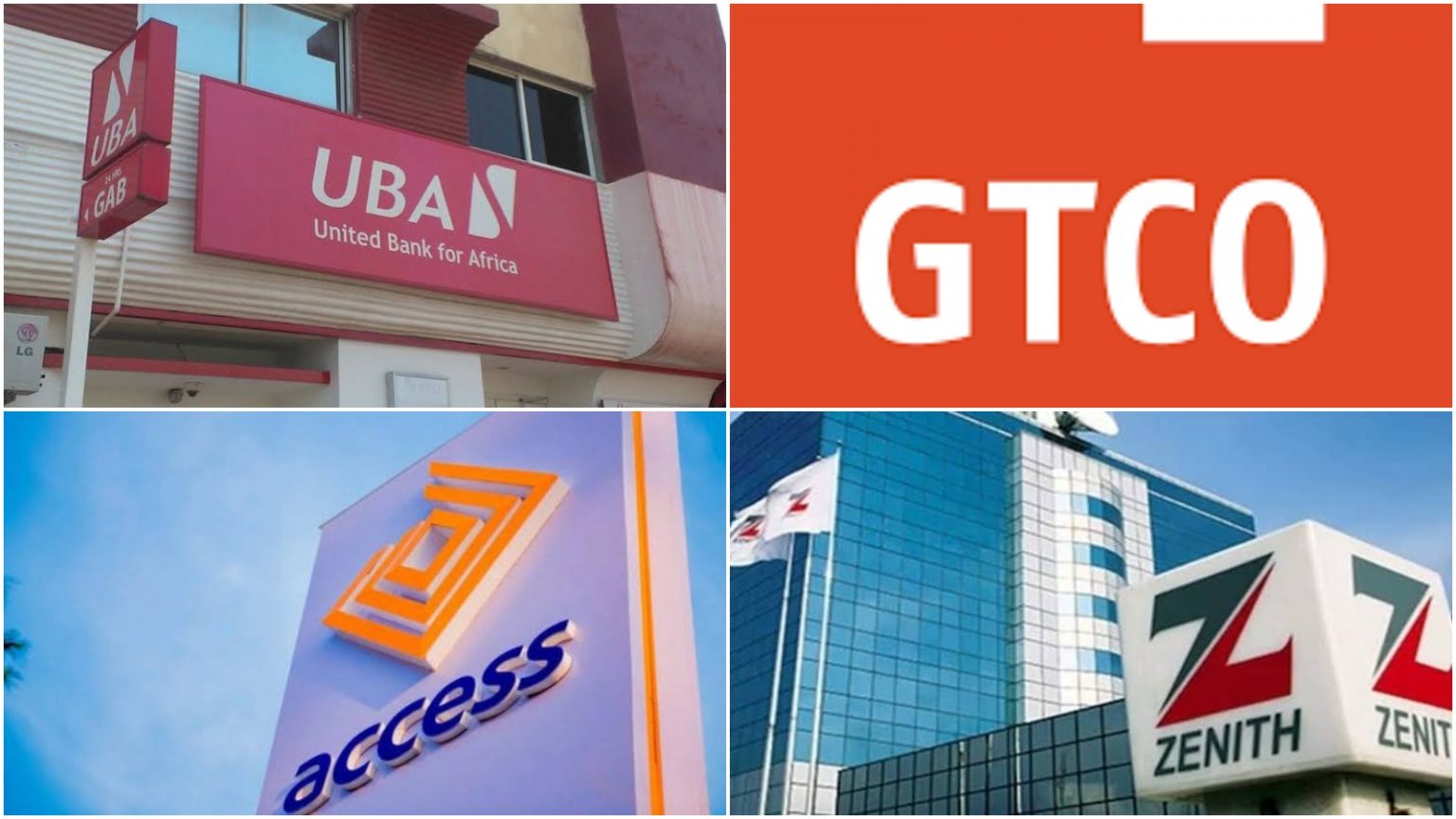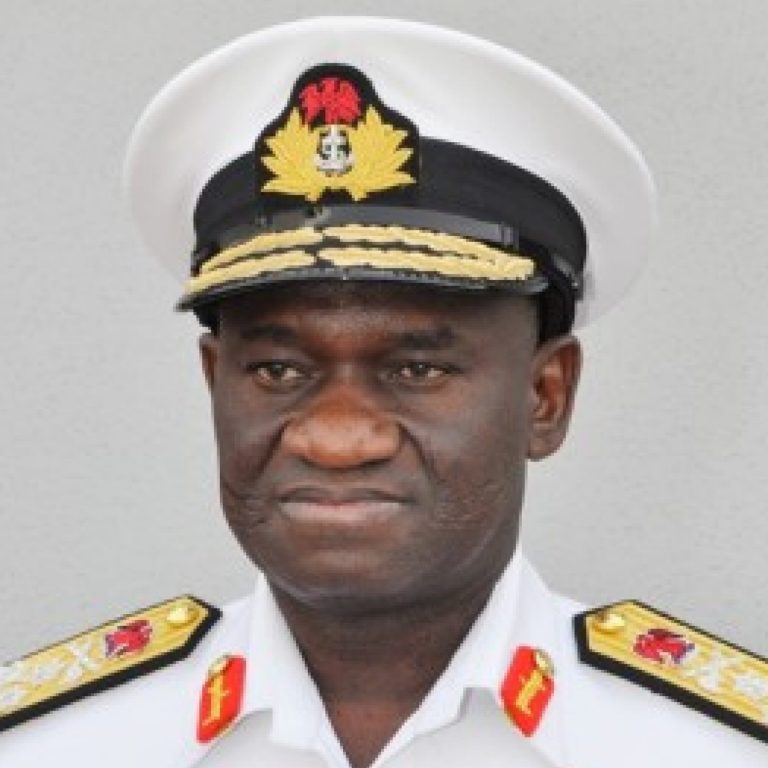Directors and key management personnel of Deposit Money Banks borrowed about N549bn from their financial institutions in five years.
This is according to The PUNCH analysis of the banks’ annual reports filed with the Nigerian Exchange Limited between 2019 and 2023.
However, the banks’ loans and advances to some directors and key management personnel as well as related party transactions dropped significantly in 2023.
These transactions dropped to N52.40bn for eight financial institutions compared to N111.31bn in 2022, indicating a 52.92 per cent decline in one year.
Financial institutions reviewed in the 2023 review include Access Holdings, Guaranty Trust Holding Company Plc, Zenith Bank Plc, United Bank for Africa, Fidelity Bank, Wema Bank, Stanbic IBTC Holding Plc and the FCMB Group.
This decline came amid the release of new corporate governance guidelines by the Central Bank of Nigeria which went into effect August 1, 2023.
In the circular dated July 13, 2023, and signed by Director, Financial Policy and Regulation Department, Chibuzo Efobi, the guidelines which imposed responsibilities on the bank board and the executive compliance officers, supersede other previous codes, circulars and related directives, according to the apex bank.
The CBN guidelines on related party transactions said, “Banks shall establish a policy concerning insider trading and related party transactions by directors, senior executives, and employees, as well as publish the policy or a summary of that policy on their website. 22.2 The policy shall contain appropriate standards and procedures to ensure it is effectively implemented. 22.3 In addition to the requirements in Section 22.2, there shall be an internal review mechanism carried out by the internal audit function of the bank, to assess the compliance and effectiveness of the policy.
“22.4 Any director whose facility or that of his/her related interests remains nonperforming in any financial institution for more than one year shall cease to be on the board of the bank and shall be blacklisted from sitting on the board of such bank and that of any other financial institution under the purview of the CBN. 22.5 No director-related loans and/or interest thereon shall be written off without the CBN’s prior approval.”
Leading the pack in terms of major decline in loans to related parties and entities controlled by key management personnel was Fidelity Bank Plc, which went from N92.31bn at the end of December 2022 to N2.09bn at the end of last year.
In footnotes, the bank however said that some of the related parties like A-Z Petroleum Limited, Dangote Group and Genesis Group as of 31 December 2022, had “exited the related party relationship post 2022 financial year in line with CBN requirement.”
In 2022, the total value of insider loans for 10 banks including Access Holdings, Guaranty Trust Holding Company Plc, Zenith Bank Plc, United Bank for Africa, Fidelity Bank, Wema Bank, Stanbic IBTC Holding Plc, FCMB Group, Unity Bank and Sterling Bank amounted to N131.04bn.
Fidelity Bank led the highest for the year, followed by Unity Bank at N17.32bn and UBA at N13.74bn.
In 2021, the loans to related parties of these financial institutions rose to N139.16bn with Fidelity Bank and UBA leading at N97.73bn and N15.28bn, respectively. GTCO trailed in third position with N6.859bn.
Between 2019 and 2020, a total of N226.6bn was disbursed as loans. In 2019, eleven banks borrowed its key management personnel a total sum of N29.65bn. The figure also includes loans to companies related to the directors.
An analysis showed that GTCO lent N155m, Zenith Bank (N1.76bn), UBA borrowed its directors N297m, Wema Bank (N5.2bn), Stanbic IBTC (N95m), FCMB (N4.8bn), Unity Bank(N7.14bn), Sterling Bank (N10.12bn) to related parties.
In 2020, the figure increased by 564 per cent or N167.32bn to N196.97bn.
Checks showed that Access Bank lent the highest with a total of N174bn to its directors and companies related to them. This was followed by Unity Bank with N7.55bn. Third on the list was Sterling Bank with N6.01bn.
Other banks including Fidelity borrowed its directors N986.2m, GTBank (N67.9m), Zenith Bank (N1.797bn), UBA (N206m), Wema Bank (N2.82bn), Stanbic IBTC (N332m), FCMB (N3.2bn), Unity Bank (N7.55bn), Sterling Bank (N6.01bn).
Commenting on the trend, the Chief Research Officer at InvestData Consulting, Ambrose Omordion said “In my language, they say, it is the yam that you know that you use to make pounded yam. If an organisation feels that the insider or director can pay the loans given to them, then there is no issue. It is when they do not pay that is where there would be issues.
“Like what is happening now in the economy, banks are not giving loans to ordinary companies unless those with names because of economic headwinds. If they give loans to the public and they are unable to repay, Non-Performing Loans will rise. If the banks offer to insiders that would pay, it is better for them.”
The Punch


 Society6 years ago
Society6 years ago
 Society3 years ago
Society3 years ago
 Society3 years ago
Society3 years ago
 News and Report5 years ago
News and Report5 years ago
 News and Report6 years ago
News and Report6 years ago
 News and Report5 years ago
News and Report5 years ago







